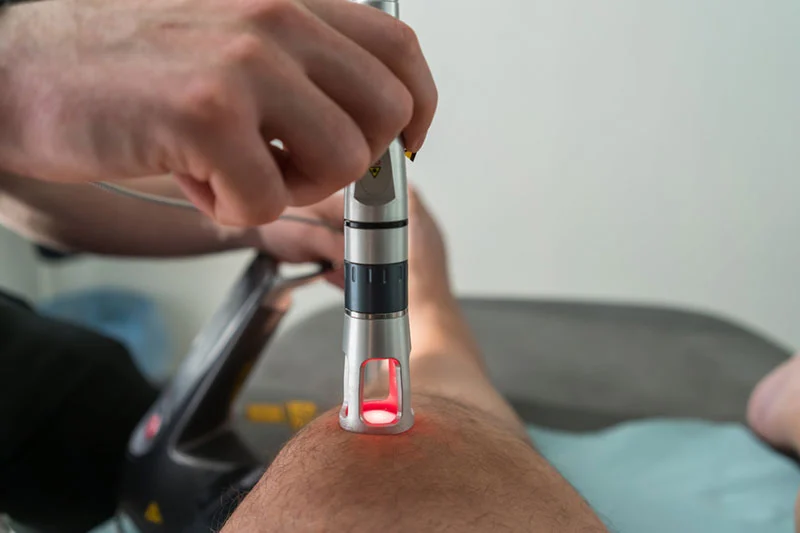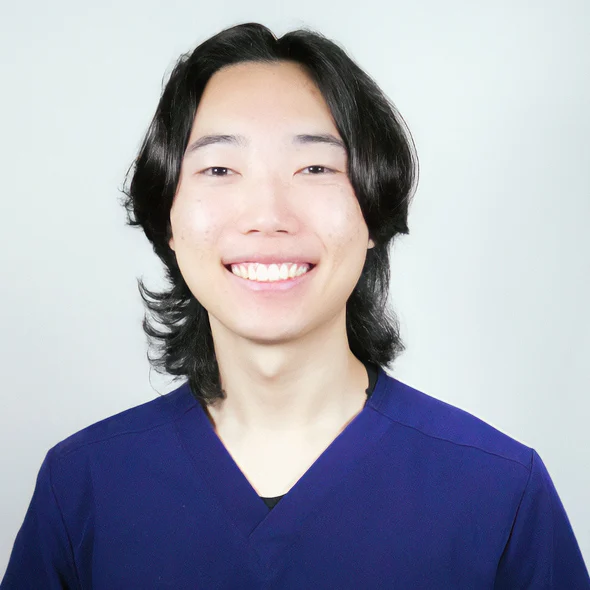Do You Feel Dizzy or Lightheaded? You May Have Vertigo.
When Should You Be Concerned?
Occasional dizziness happens to many people and usually isn’t a cause for concern. However, if you frequently feel lightheaded, off-balance, or disoriented, you may suffer from vertigo.
Signs that you should seek medical help include:
- Persistent dizziness
- Nausea or vomiting
- Difficulty functioning in daily life
If these symptoms affect you regularly, it’s time to address the root cause.
What Causes Dizziness?
Your body is a highly tuned system with many interconnected parts. When one component falls out of balance, symptoms like vertigo can occur.
The vestibular system plays a critical role in balance. If it malfunctions, the brain receives incorrect information about head position, movement, and speed. This leads to disorientation and dizziness.
What Is the Vestibular System?
Your vestibular system consists of structures in the inner ear that control balance. The main parts include:
- Vestibule and semicircular canals – Detect movement and position
- Sensory receptors – Send signals to the brain about motion and balance
The brain processes these signals along with visual and sensory input to help you stay upright. Normally, this happens automatically, but when the vestibular system misfires, balance problems arise.
Why Is My Vestibular System Off Balance?
Several factors can disrupt the vestibular system, including:
- Head trauma (concussions, blows to the head)
- Inner ear infections
- Changes in altitude or pressure
- Low blood pressure
- Metabolic conditions
- Medications
- Misalignment of the neck and spine
A functional neurologist can pinpoint the underlying cause through a series of tests, including the Dix-Hallpike maneuver, a simple head movement test that helps diagnose vertigo.
How Can a Functional Neurologist Help?
Unlike conventional treatments that rely on medication, functional neurology takes a natural and holistic approach to treating vertigo. Based on your diagnosis, a functional neurologist may recommend:
Vestibular Rehabilitation
A customized, exercise-based program to retrain the vestibular system and improve balance.
Tone Pacer Vestibular Stimulation
Sound-based therapy that stimulates the inner ear to restore balance.
Galvanic Vestibular Stimulation
A non-invasive therapy using electrical impulses to activate vestibular nerves and recalibrate balance.
Bertec Balance Retraining
Virtual reality-based training that helps the brain and body relearn balance in real-life situations.
Neurosensorimotor Integrator Training
A computerized system that uses interactive exercises to restore balance and coordination.
Chiropractic Care & Neck Alignment
Spinal adjustments and posture corrections to improve head and neck coordination.
Cerebellar Exercises
Supervised physical therapy exercises that strengthen neural connections for better balance.
Don’t Let Dizziness Control Your Life
Many people take good balance for granted—until it’s gone. Poor balance affects everyday activities like walking, climbing stairs, and standing still. Addressing vertigo can help prevent falls and injuries, improving overall quality of life.
If dizziness or vertigo disrupts your daily routine, Norcal Brain Center can help. Our team of functional neurologists, physical therapists, and chiropractors will create a personalized treatment plan to restore your balance and well-being.
Take the first step toward relief—schedule an appointment today!







